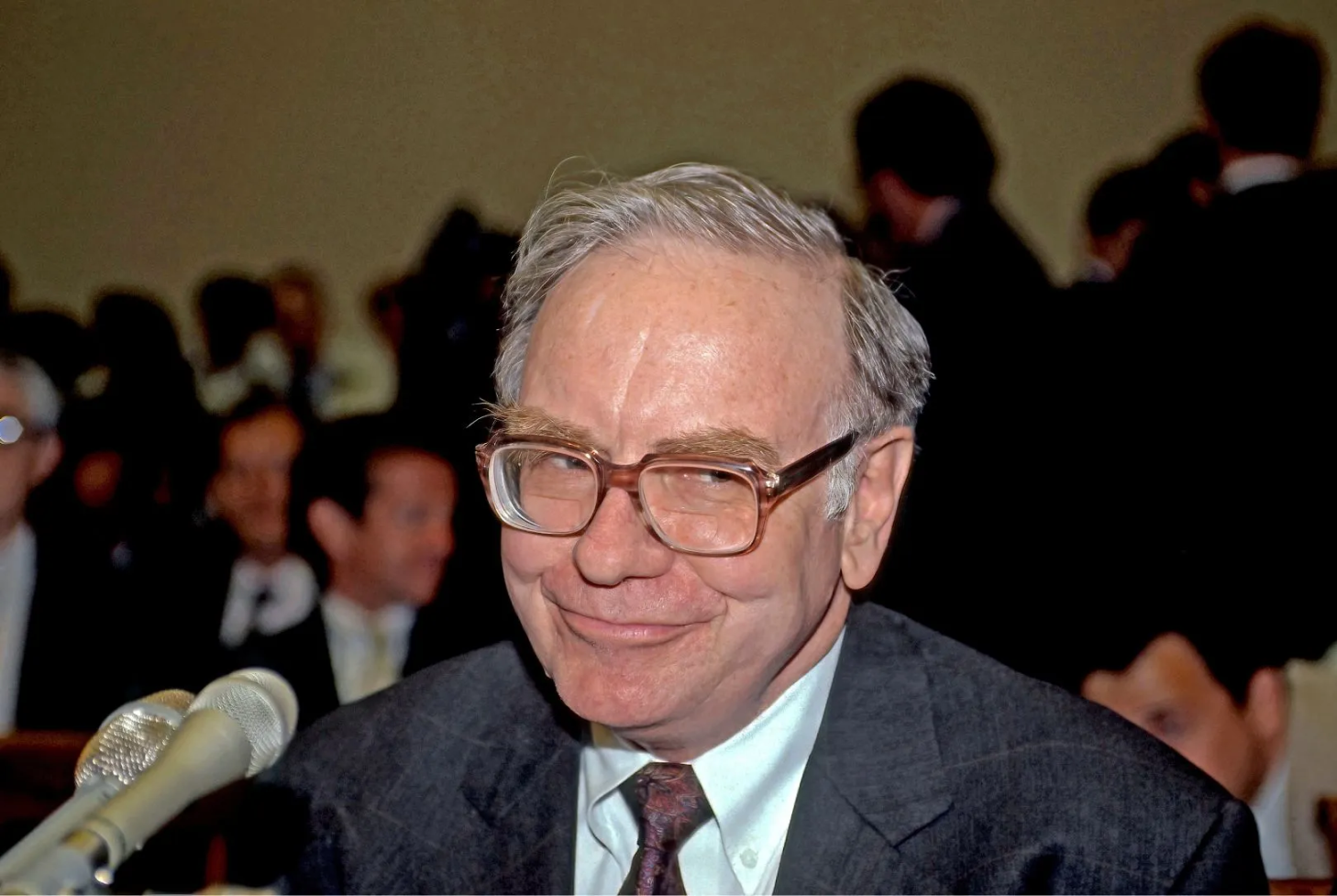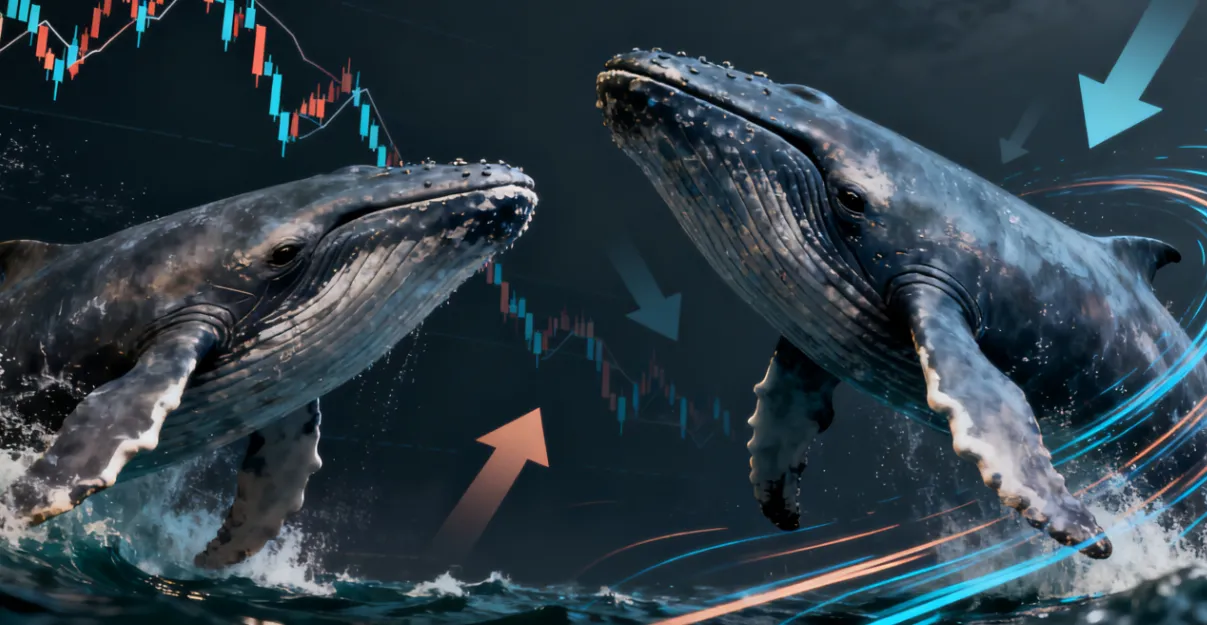Original Author: Sanqing, Foresight News
On November 11, Warren Buffett released his final letter to shareholders, announcing that he would step down as CEO of Berkshire Hathaway by the end of the year and continue to accelerate the donation of his shares. This letter, starting with "I’m going quiet," marks the impending conclusion of a legend whose investment philosophy has been shaped by rationality, compounding, and long-termism.
However, in the crypto world, this "Oracle of Omaha" and his long-time partner Charlie Munger have left behind a decade-long "negative timeline." From "rat poison squared" to "crypto dog shit," they have almost epitomized traditional finance's most thorough rejection of the crypto narrative.
Buffett: Rational Disbelief
Shortly after the birth of Bitcoin, Buffett was first asked about it in 2013. At that time, he simply stated, "I have no plans to turn to Bitcoin." A year later, he referred to Bitcoin as a "mirage" at the shareholders' meeting, arguing that "it neither produces cash flow nor has intrinsic value."
In 2017, as Bitcoin's price soared, he publicly criticized it again, calling it a "bubble" and likening it to the "tulip mania." The following year, his remark "Bitcoin is rat poison squared" became iconic in the industry, making "rat poison" the most classic satirical label for Bitcoin.

Buffett's logic has remained consistent: Bitcoin is not a productive asset, cannot be valued, and does not generate cash flow. He bluntly stated, "Even if you sell me all the Bitcoin in the world for $25, I wouldn't buy it."
This judgment stems from his consistent value investing creed. He believes that returns come from corporate profits, not from the games played between speculators. For Buffett, Bitcoin is neither a company nor an asset, but a game of price transmission without a bottom. Rationality leads him to choose to stay away rather than participate.
Munger: Emotional Disgust
In contrast to Buffett's calm skepticism, Munger's attitude towards cryptocurrencies is almost a moral rejection.
"Disgusting," "stupid," "evil," "poison," "venereal disease," "crypto dog shit"—these words have all come from his mouth. In 2018, he bluntly stated, "The hotter Bitcoin gets, the more I hate it."
At the Daily Journal annual meeting in 2022, he sarcastically remarked, "Cryptocurrency is like a venereal disease; I wish it could be banned immediately." That same year at the shareholders' meeting, he added, "I have spent my life avoiding three things: stupid, evil, and ugly, and Bitcoin embodies all three."

In Munger's view, cryptocurrencies have cloaked speculation in the guise of idealism, representing a regression in financial civilization. He is not discussing asset attributes but warning against a decline in values, where the motivation of "wanting to get rich" replaces "wanting to create."
Berkshire's "Crypto Footnote"
Berkshire has never directly held any crypto assets on its balance sheet, but it is not without intersections with the crypto world. In 2021, Berkshire invested a total of $750 million in Brazil's digital bank Nu Holdings before and after its IPO. This is a fintech company focused on digital credit and financial inclusion, but since its IPO, Nu has launched services like Nubank Cripto and Bitcoin ETFs, becoming one of the active retail crypto trading gateways in Latin America. In other words, Berkshire has indirectly bet on a bank engaged in crypto business.
It did not invest in Bitcoin itself but in the financial infrastructure boosted by the crypto craze, yet this investment is seen as Berkshire's "limited compromise." They did not buy coins but acknowledged that the market is changing; they do not believe in crypto but cannot deny that it is creating new users, liquidity, and profit models. This is Berkshire's initial foray into crypto, albeit in a rational manner and through a conservative path.
Rational Curtain Call, Debate Continues
Now, Munger has passed away, and Buffett will hand over the reins. An era defined by cash flow and compounding seems to be retreating, but the market will not stop its pace with their exit.
The variety of crypto asset ETFs is increasing, and sovereign funds and asset management giants are paying more attention to crypto asset allocation. Crypto assets and blockchain technology are also partially leading the innovation of Fintech 2.0, with a new generation of investors planning to establish their own "rationality" amid the volatility of digital assets.
Buffett and Munger do not believe in the algorithmic logic of this world, but their skepticism has made this story more complete. They represent the order of one era, while crypto represents the imagination of another.
免责声明:本文章仅代表作者个人观点,不代表本平台的立场和观点。本文章仅供信息分享,不构成对任何人的任何投资建议。用户与作者之间的任何争议,与本平台无关。如网页中刊载的文章或图片涉及侵权,请提供相关的权利证明和身份证明发送邮件到support@aicoin.com,本平台相关工作人员将会进行核查。




